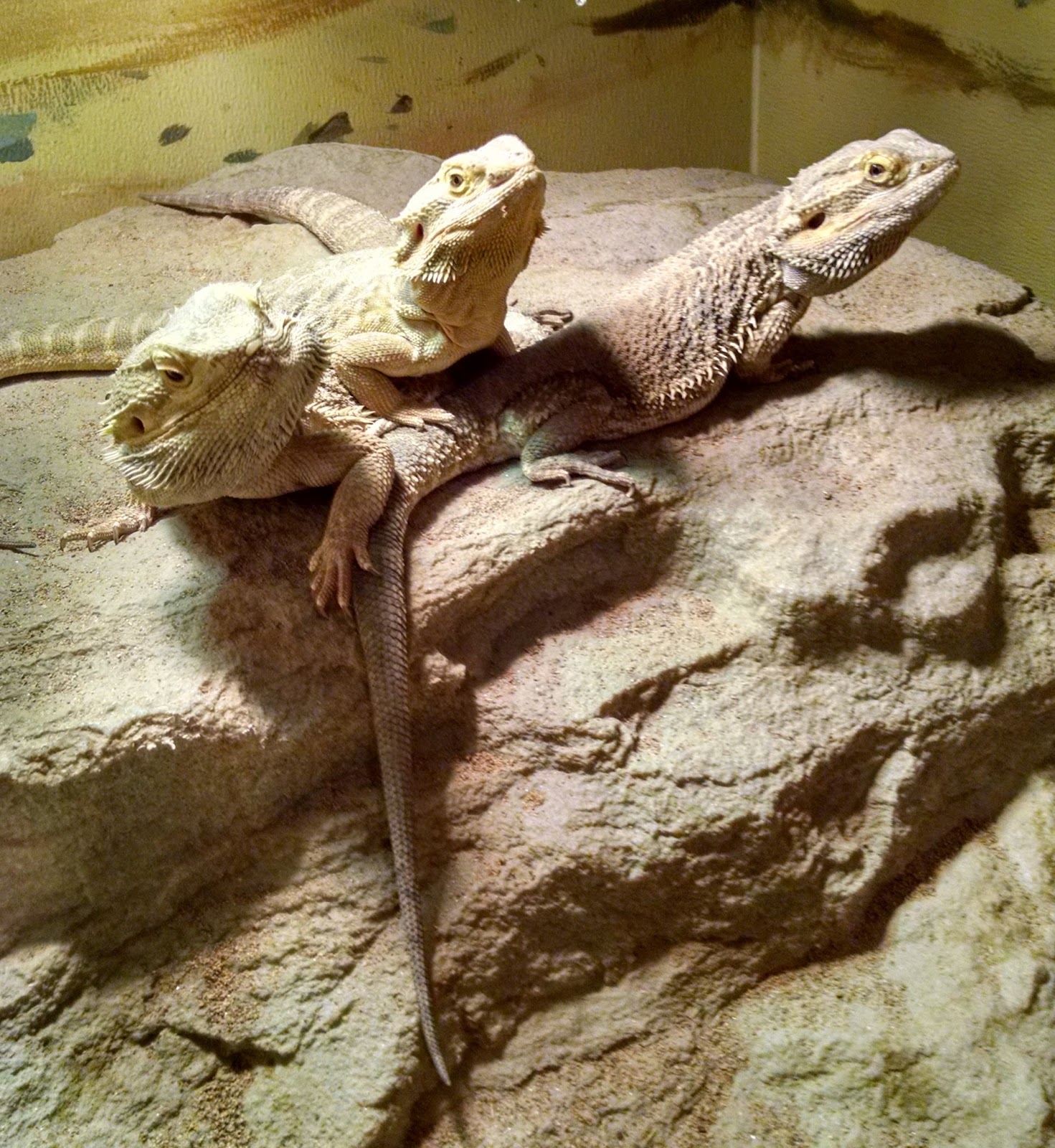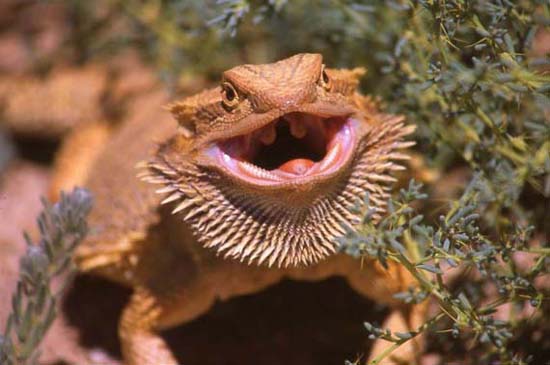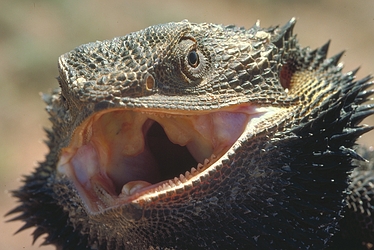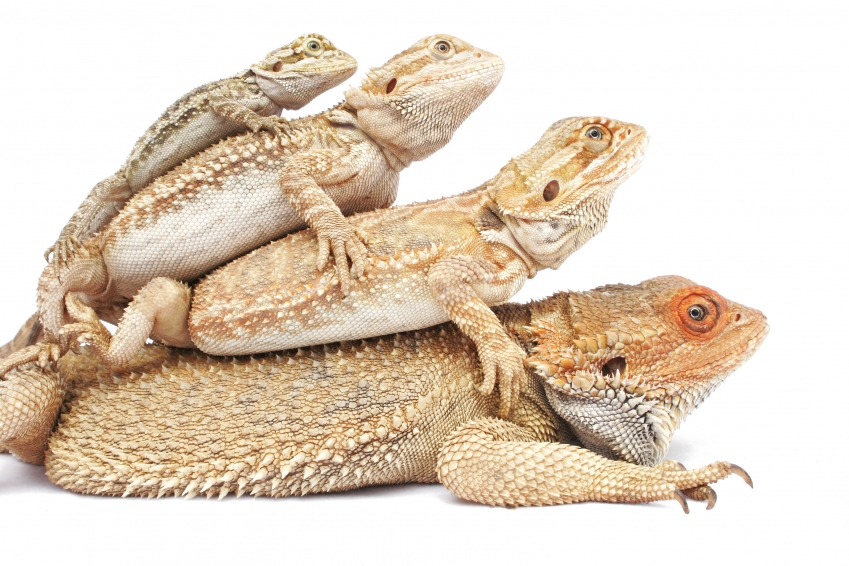10 Things to Know About Bearded Dragons: A Beginner's Guide
Introduction
Bearded dragons are one of the most popular lizard species kept as pets. They are friendly, easy to care for, and have unique behaviors that make them fascinating to watch. Before getting a bearded dragon, there are a few things you should know to ensure that you are prepared for the responsibility of taking care of such an amazing animal.
1. Bearded dragons can live up to 20 years
Bearded dragons are not short-term pets. They can live up to 20 years if taken care of properly. This means that you will be committing to taking care of your bearded dragon for a long time.
2. You need the proper equipment
You will need a variety of supplies to properly care for your bearded dragon, including a terrarium, substrate, lighting, heating, and food. It is important to do your research and invest in quality equipment to ensure the health and happiness of your pet.
3. Bearded dragons need the right diet
Bearded dragons are omnivores and require a diet that includes both insects and vegetables. A varied diet is important for providing the necessary nutrients to keep your bearded dragon healthy. It is also essential to provide adequate hydration through water and fresh produce.
4. Bearded dragons have unique behaviors
Bearded dragons are not just sitting in a tank all day. They have unique behaviors that are interesting to observe. For example, they will often wave their arm as a sign of greeting or submission.
5. Bearded dragons are solitary animals
Bearded dragons are solitary animals and do not typically enjoy living with other bearded dragons. However, they can be kept in the same enclosure as long as there is enough space and resources for each dragon.
6. Bearded dragons need socialization
Bearded dragons can be socialized and enjoy interacting with their owners. They can be trained to come when called and enjoy being handled, although it is important to handle them gently and not too frequently.
7. Bearded dragons can get stressed
Bearded dragons can become stressed if they are not provided with proper care and environment. Signs of stress include loss of appetite, lethargy, and excessive hiding. It is important to monitor your bearded dragon’s behavior and adjust their environment as needed.
8. Bearded dragons can get sick
Bearded dragons are susceptible to illnesses, such as metabolic bone disease, respiratory infections, parasites, and impaction. It is crucial to provide your bearded dragon with proper care and take them to a reptile veterinarian if they show signs of illness.
9. Bearded dragons need a consistent environment
Bearded dragons prefer a consistent environment with minimal disturbances. It is best to avoid moving them to a new location or making changes to their enclosure unless necessary.
10. Bearded dragons have personality
Bearded dragons have unique personalities and can develop individual preferences for food, handling, and environment. It is important to observe your bearded dragon and adjust their care based on their individual needs.
Conclusion
Bearded dragons make great pets for beginners and seasoned reptile owners alike. By following these tips and doing your own research, you can provide your bearded dragon with a happy and healthy life.







